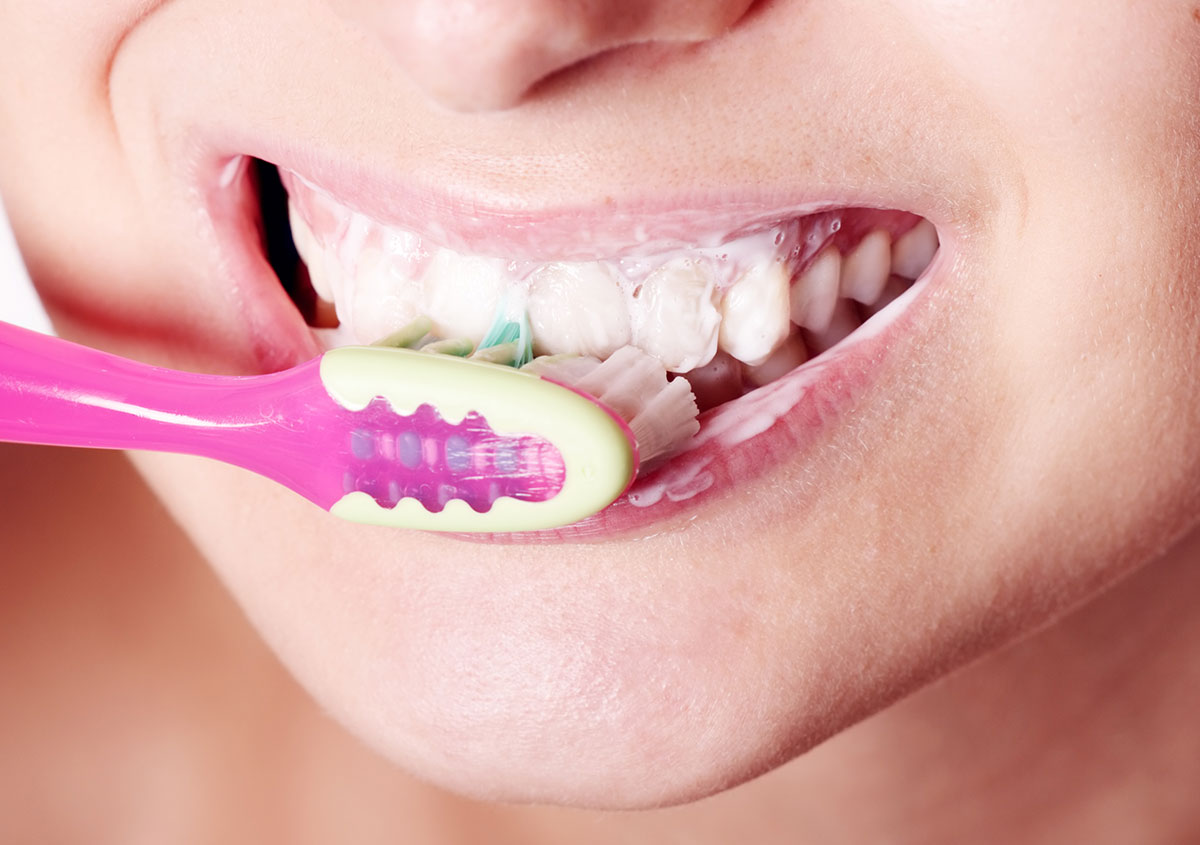5 Truths About Electric vs. Manual Toothbrushes
Since you were a child, you’ve probably been told to brush and floss your teeth daily. Keeping your teeth and gums healthy is the best possible way to protect your bright smile. In fact, maintaining good oral health contributes to overall well-being.

Dental professionals across the world agree that brushing for two-minutes twice a day, combined with flossing, regular checkups and a healthy diet goes a long way toward keeping your teeth strong and bright and your gums in good condition.
And yet, here we are in 2017 with endless choices available to us – different kinds of toothpaste, soft and firm bristle brushes, electric toothbrushes, water and air flossers, and a myriad other dental hygiene products that promise plaque removal, whiter teeth, fresher breath and better oral health.
Truth 1: The Choices Are Overwhelming
Are you standing in the dental products aisle of your pharmacy feeling rather overwhelmed by the options? Are you wondering if there’s a better choice when it comes to toothbrushes? You’re not alone. Although most dentists will tell you that how long you brush is more important than the kind of toothbrush you use, there are some indications that an electric brush offers some advantages.
Truth 2: Electric Toothbrushes May Reduce Plaque and Gingivitis
Comparative studies conducted by the international research organization Cochrane found that electric toothbrushes did indeed reduce dental plaque and the gum inflammation characteristic of gingivitis more effectively than manual toothbrushes. Studies were conducted in 2014 over a three-month period, with electric brushing reducing plaque by 21 percent and gingivitis by 11 percent.
Truth 3: The Research Is Rather Inconclusive
Users in more than half of the Cochrane studies brushed with electric toothbrushes that had rotating, oscillating heads. They rotate swiftly in one direction and then reverse direction of rotation, all automatically. Additional studies involved sonic toothbrushes that feature vibrating brushes; still others involved brushes that move from side to side, as well as those that move in different directions. Some electric toothbrushes even attempt to dislodge plaque buildup through a mild electrical charge.
The researchers did not attempt to quantify results based on the specific type of brush used by study participants. Consumer reports, in studies conducted over the years, has consistently failed to recommend electric toothbrushes over manual brushing.
Truth 4: Toothbrushes Are a Personal Preference
As in many areas of personal health and wellness, personal preference plays a large part in this comparison. However, it is worth noting that dentists generally don’t recommend that people trade in their manual toothbrushes for electric models.
In fact, according to Consumer Reports dental adviser Jay W. Friedman, D.D.S., M.P.H., “We really don’t know that it matters if a little more or less plaque is removed.” He also notes that if you “don’t currently have gingivitis,” it probably matters even less which kind of toothbrush you choose.
What he and other dental professionals agree on, however, is that anything that will encourage their clients to brush regularly and well is worth it!
Dr. Friedman also notes that electric toothbrushes may be a real advantage for anyone with arthritis or dexterity problems that make movement difficult.
Truth 5: Your Brushing Technique is More Important
Dentists are quick to point out that the recommendation for brushing two minutes a day twice a day is a standard with proven benefits, but they also caution that more is not necessarily better, and that too much can be detrimental.
Brushing for longer than two-minutes provides to discernible advantage. We also caution against frequent and “aggressive” brushing, as it can lead to enamel damage, gum recession, root damage and hypersensitivity to hot or cold foods and drinks.
Our Final Say on Electric vs. Manual Toothbrushes
The final, and constant, truth is that dental care continues to evolve every day – which is great!
Although there was once a time when people cleaned their teeth, if at all, with twigs of “sweet-smelling wood,” today’s manual toothbrushes may seem primitive to those who have switched to electric varieties. It is still a matter of choice, however. If you are comfortable with your current oral hygiene regimen, there is probably no reason to alter it.
If you would like to switch to a “high-tech” electric toothbrush and a sonic flosser, it is unlikely your dentist will discourage you. And if you want to introduce your child to “powered” tooth-care at an early age, chances are children will think it is fun.
1. Maintain Your Daily Routine
The objective, of course, is to assure that the minimum of “two minutes a day, twice a day,” is met every day.
If you commit to that routine; and if you follow your dentist’s advice to floss regularly, schedule those regular cleaning appointments and routine checkups, and call for a consultation anytime you have questions or concerns, you will be doing everything necessary to assure that your teeth last you for a lifetime.
As a bonus, your smile will be bright and radiant!
2. Visit a Dentist Regularly and As Needed
At Briglia Dental Group, we want to help all of our clients achieve bright, shining smiles — but we know that it begins with healthy teeth and gums. So, let’s work together to find solutions that work for you, whether you opt to brush those pearly whites under your own power, or embrace a more “modern” way with an electric toothbrush and other high-tech gadgets. We’ll be happy to answer your questions; and we’ll even demonstrate the proper ways to floss and brush — two minutes at a time, twice a day, every day!
We’ll also answer all our other questions, and help you correct any oral hygiene problems you might have. Why not call us right now at (610) 615 0160 to schedule your appointment. We’ll be waiting to hear from you!
Share this Article
Back to Blog Page





